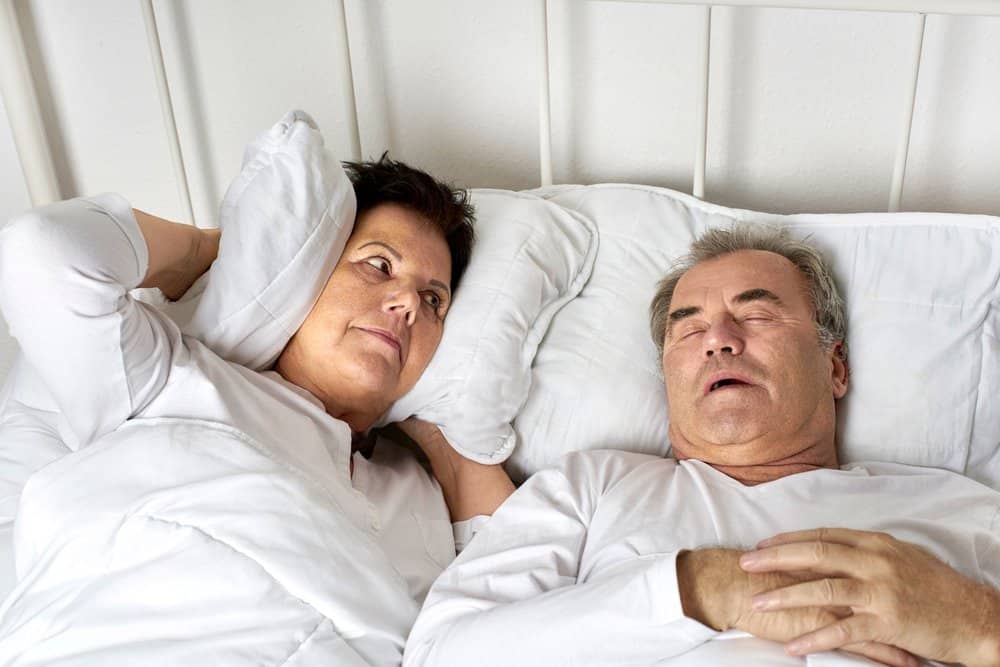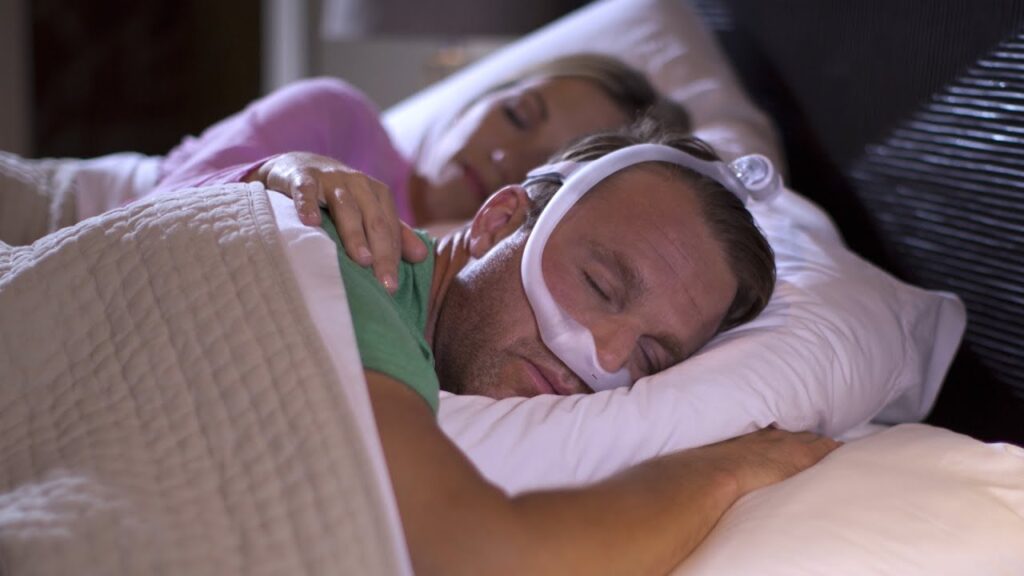A good night’s sleep cannot be replaced, but if you have obstructive sleep apnea (OSA), it may be challenging to achieve.
People who have sleep apnea have occasional airway collapse at night, which results in their ceasing to breathe and need to use sleep apnea devices. People “will transition into a lighter stage of sleep or entirely wake up,” claims Dr. Mendez, as a consequence. The Australian Sleep Apnea Foundation states that these awakenings might happen five to more than 30 times each hour. Click here for best cpap machine masks for children with sleep apnea.
People with sleep apnea often suffer excessive daytime tiredness because they frequently have inadequate sleep. In addition to being drowsy, individuals may also struggle to concentrate and deal with emotional issues like sadness.
According to Mendez, “sleep disturbance also impacts our hormones, namely by raising ghrelin and lowering leptin, which might increase your hunger.” It also has a bad impact on immunity, leaving you more vulnerable to infections and diseases like colds.
Additionally, sleep apnea might raise the chance of cardiovascular issues as well. According to a research published in February 2019 in the Australian Journal of Respiratory and Critical Care Medicine, persons who experience daytime drowsiness due to sleep apnea may be more prone to develop heart failure, a chronic illness where the heart cannot properly pump blood.

Your respiration, blood pressure, and heart rate all rise when you awaken from sleep, and your body is flushed with adrenaline, which is harmful for your arteries and blood pressure, claims Mendez.
How to Recognize Sleep Apnea Signs and Symptoms
The most well-known sign of sleep apnea may be snoring, but it’s not the only one. Other signs include: gasping or choking while you sleep; breathing pauses at night (often, a partner will notice this); excessive daytime sleepiness; feeling drained upon waking; morning headaches; difficulty concentrating; memory issues; mood problems; and waking up repeatedly during the night to use the restroom.
It’s crucial to discuss the potential of sleep apnea with your doctor if you have any of these signs or have recently been diagnosed atrial fibrillation (irregular heartbeat) and high blood pressure with or without daytime drowsiness, advises Mendez. According to him, women often have insomnia without snoring, and some individuals may become aware of their potential sleep issue thanks to an activity tracker like a Fitbit.
Even if you don’t believe you present in the “traditional” manner for someone with sleep apnea, be open to the possibilities.
According to Mendez, if your doctor has a suspicion that you have sleep apnea, he or she may then give you an at-home sleep apnea test, obviating the need for you to visit a sleep clinic for an evaluation. The patients can obtain it much more easily. He continues, “Getting this test may be a choice that saves your life.”
How Sleep Apnea Treatment Can Make You Feel More Energetic
The proper therapy might help you overcome daytime drowsiness if you have been diagnosed with sleep apnea. Your doctor may advise you to adopt lifestyle changes, prescribe an oral or dental device (fitted by a licensed dentist), or instruct you to use a CPAP (continuous positive airway pressure) machine, which uses a mask to keep your airway open while you sleep. The ideal option for you will depend on your insurance coverage, the degree of your sleep apnea, and the accessibility of local specialists.
Self-treating sleep apnea using over-the-counter or internet dental gadgets is not something you want to undertake. According to Mendez, these products are not only not advised, but they may also be harmful. He claims that some dental products, for instance, may harm your teeth.
The good news is that with the right care, your daily drowsiness should subside and your energy level should increase. According to Mendez, symptoms disappear after a few days to a week or two. One night may make a significant difference in how severely affected patients feel and perform throughout the day, according to the doctor.

Beneficial remedies for sleep apnea
You may use these methods to combat the exhaustion you experience the following day in addition to finding out a sleep apnea therapy.
Sleep on your side first.
According to Mendez, those with minor forms of sleep apnea may just need to sleep on their sides, which keeps the airway open. By placing a body pillow against your back or even donning a T-shirt with a tennis ball sewn onto the back, you may aid in preventing yourself from rolling onto your back while you are asleep.
Get in shape.
Weight loss often helps with sleep apnea for the vast majority of patients, according to Mendez, who notes that extra fat may impede the airway. According to study published in March 2014 in the journal Sleep Medicine, decreasing even a little amount of weight was proven to reduce a person’s chance of having their sleep apnea become worse by 80%; in certain situations, weight reduction may even be able to treat moderate sleep apnea. Naturally, not everyone will benefit from weight reduction since skinny and regular weight persons might also develop sleep apnea.
Look for remedies for sleeplessness.
The NSF claims that insomnia, a sleep problem in which you have difficulties becoming (and staying) asleep, is also connected to sleep apnea.
Mendez advises minimizing coffee intake, staying away from devices after dark, and not checking the time. If you’re having trouble falling asleep, get out of bed and engage in a peaceful activity before attempting it again. Additionally, you should be assessed for other health issues such limb movement problems, anxiety, and depression that may interfere with your ability to sleep.
Eat a diet that gives you more energy.
Eating the correct meals is one of the greatest methods to boost your energy levels. Choose wholesome foods like raw fruits and vegetables instead of energizing foods like soda, candy, and other beverages with added sugar. (According to the Academy of Nutrition and Dietetics, they may give you a brief rush but will soon result in an energy crash.)
Do not drink.
Even while a glass of wine or a bottle of beer may help you fall asleep, this nightcap may make your sleep apnea worse. Alcohol makes your palate floppy, which increases the likelihood that it may collapse and seal up, claims Mendez. Alcohol also changes the muscular tone in your upper airway. Additionally, you want to attempt to stay away from sedatives like benzodiazepines as they may make your nighttime apnea episodes worse.